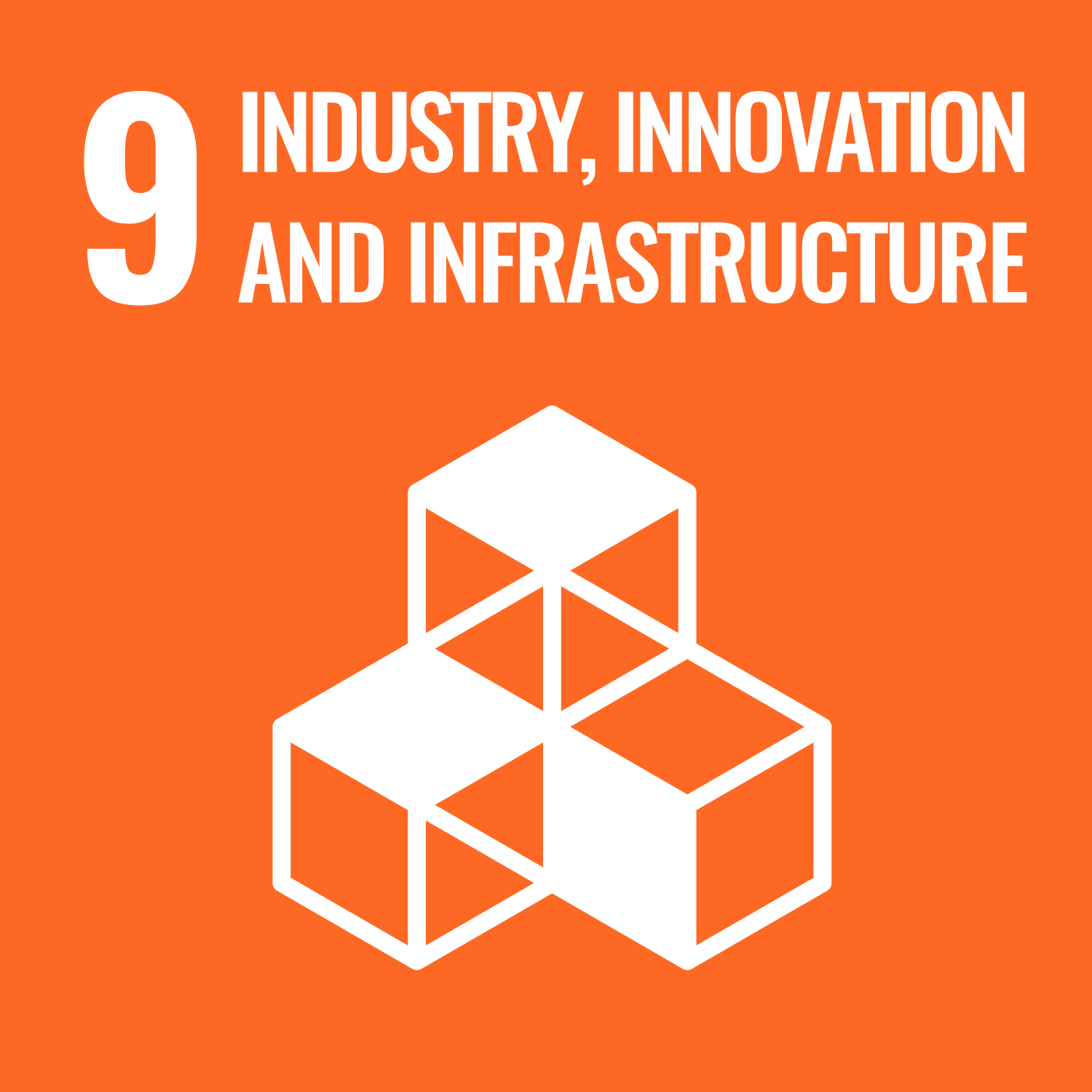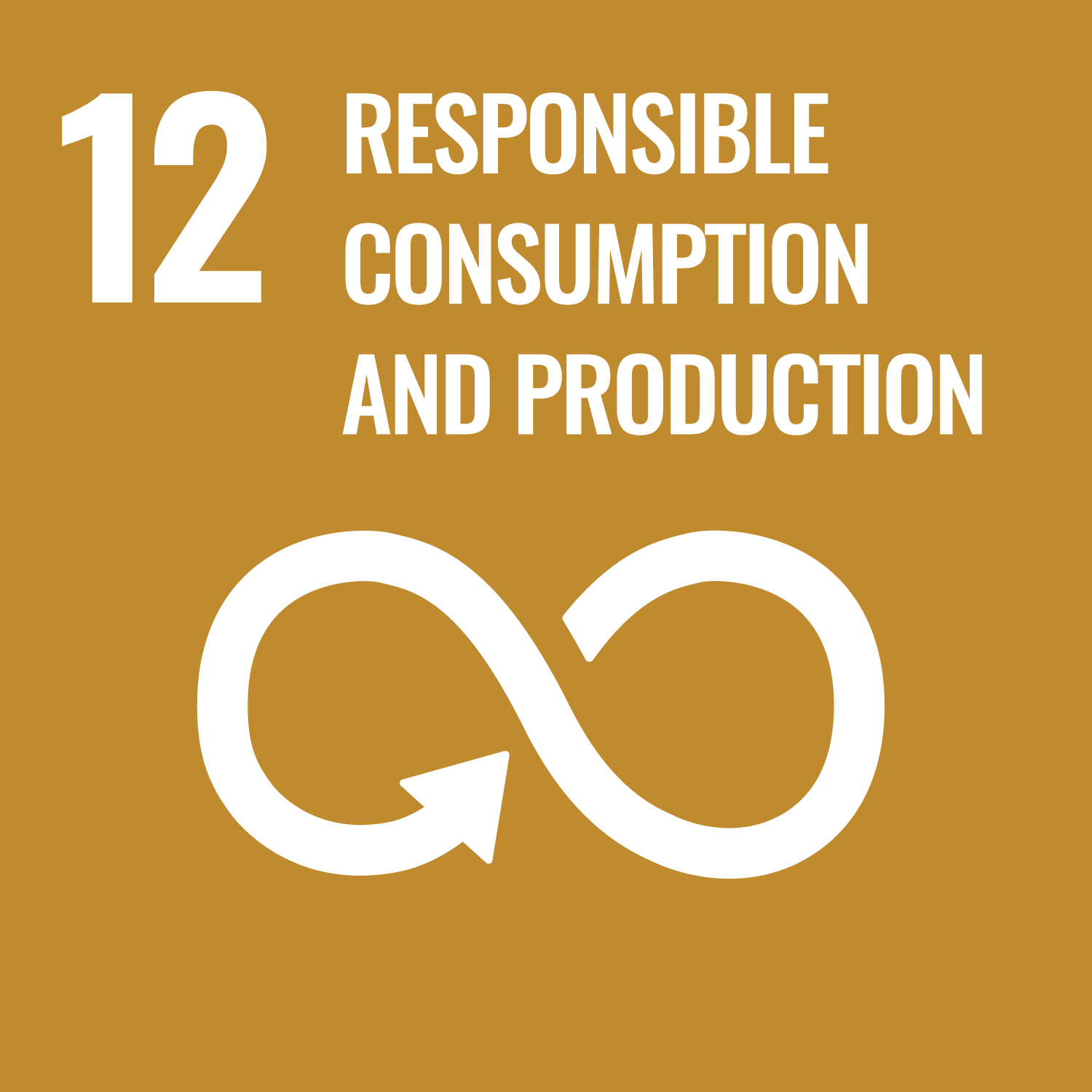ORCID
- Shaofeng Liu: 0000-0002-8330-3335
Abstract
Agri-food supply chains (AFSCs) are struggling to achieve sustainability in the face of increasing social, environmental, and economic challenges. Industry 4.0 technologies are widely deployed to monitor, assess, and analyze their operational process, and thereby drive sustainable value. This study adopts a hybrid approach to analyze the drivers of industry 4.0 technology deployment to achieve AFSC sustainability. Thematic analysis of 24 interviews was carried out to identify 13 drivers, and these were used as inputs into the fuzzy analytic hierarchy process (AHP), total interpretive structural modeling (TISM), and fuzzy cross-impact matrix multiplications applied to classification (MICMAC). The results show that enhancing efficiency of water and fertilizer use, reducing carbon emissions, and reducing work intensity contribute significantly to economic, environmental, and social aspects of sustainability. We also identify that government subsidies for agricultural facilities and strengthening of farmers' agri-tech skills are key drivers that should be given priority.
DOI Link
Publication Date
2023-09-13
Event
29th Annual IEEE International Symposium on Technology and Society, ISTAS 2023
Publication Title
2023 IEEE International Symposium on Technology and Society, ISTAS 2023
Publisher
Institute of Electrical and Electronics Engineers Inc.
ISBN
9798350324860
Deposit Date
2024-06-19
Additional Links
Keywords
agri-food supply chain sustainability, fuzzy AHP, fuzzy MICMAC, industry 4.0 technologies, TISM
Recommended Citation
Zhao, G., Jones, P., Liu, S., Lopez, C., Dennehy, D., & Chen, X. (2023) 'Analysis of the Drivers of Industry 4.0 Technology Deployment to Achieve Agri-Food Supply Chain Sustainability: A Hybrid Approach', 2023 IEEE International Symposium on Technology and Society, ISTAS 2023, . Institute of Electrical and Electronics Engineers Inc.: Available at: 10.1109/ISTAS57930.2023.10306146




